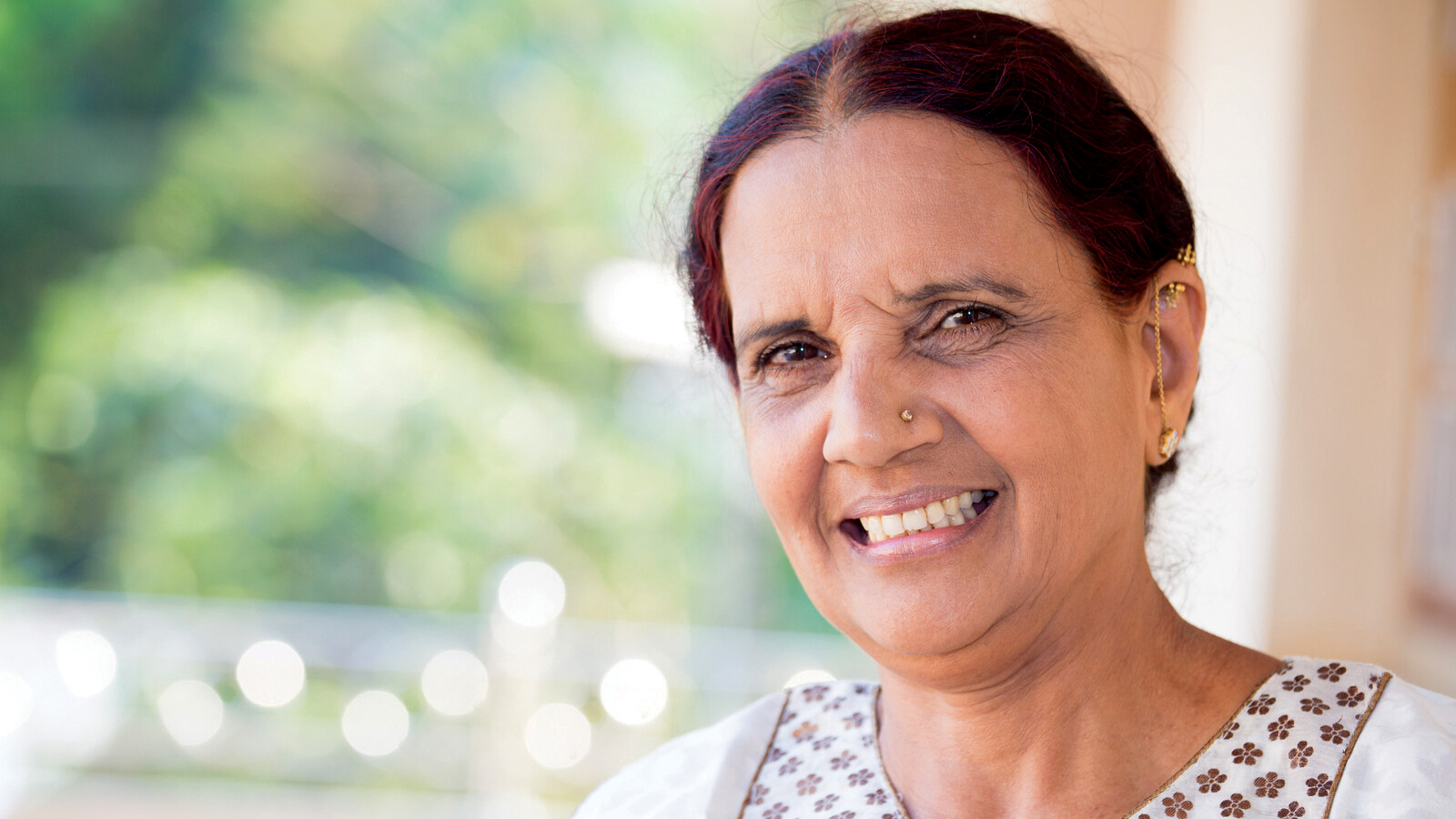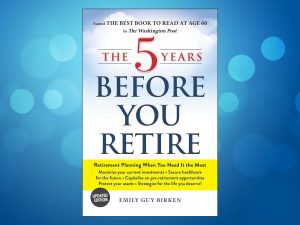How to stop your life from grinding to a halt
For those of us who have spent our lives working, raising families and being socially active, being pushed to the sidelines by medical issues or isolation can lead to frustration, loneliness and the possibility of extended periods of boredom.
According to experts, boredom can be complex, especially for older adults who might be living with pain, low energy or declining mobility. Aside from decreased independence and reduced enjoyment, boredom can lead to low self-esteem and reduced confidences alongside diminished desires to stay socially engaged.
While being bored is very uncomfortable, experts say, it doesn’t have to be all bad. In fact, like physical pain, when we need to stop what we’re doing to protect ourselves from being hurt, boredom tells us that we’re at risk of stagnating and that we’re not mentally engaged. “It helps us self-regulate. It helps us manage our pursuit of meaningful goals in our lives,” said James Danckert, a psychology professor at the University of Waterloo and co-author of the upcoming book Out of My Skull: The Psychology of Boredom.
To better understand boredom, let’s look at its five different types. Here is a simple overview of each.
1) Apathy: Feelings of helplessness, of being “stuck” and unable to change your situation. Feeling uninterested and apathetic is a type of boredom that makes you feel trapped and unable to make changes to your life.
2 Indifference: “Who cares” is a common thought. You don’t care about what’s happening in the world, to your family or to yourself. You just can’t be bothered with anything or anyone, anymore.
3 Searching: This feeling helps motivate you to get to a better place—to look for new activities or reconnect with others. You begin to feel guilty for doing nothing which makes you want to move forward.
4 Reactant: Often associated with anger and blame. People can be fidgety, tense, have a strong need to escape and often blame others for the situation that they are in.
5 Calibrating: “What should I do?” “What if I don’t have the energy to do anything?” In this space you are bored and uncertain about what you could do but have trouble finding the get up and go to change.
In each case, the downward cycle can be reversed. Here are a few examples of individuals who have worked their way out of being bored and who are able to enjoy their lives despite ongoing health issues.
Meet Gino
Gino is 77. He decided to retire four years ago as he was starting to go deaf. He has stopped driving, watching TV and his family rarely call or visit. Without purpose, Gino found himself becoming depressed. Even his hobby of bird watching was no fun anymore, as he couldn’t hear birdcalls.
After a conversation with his doctor, Gino decided to take action before things got worse. These are some things he did: 1. Booked an appointment with an audiologist and planned to see if his hearing aids could be upgraded or adjusted. 2. Visited the local Seniors Centre, got a schedule and he started to attend activities. 3. Connected with the local hearing aid society chapter for education and support and offered to volunteer at an upcoming fundraiser. Fast forward: Through his connection with the local Senior’s Centre Gino, and a new friend Brant, have created a community herb garden and help several other local seniors with handyman projects. Gino has learned to cook a few more simple dishes at the Wednesday cooking class and he painted a couple of new bird feeders for his kitchen window. He also really is enjoying the hearing society’s sign language workshops along with their monthly pancake breakfasts. (Now he plans to volunteer to help flip pancakes). As Gino says: “My social connections have brought me back to life. I no longer hide in my house. I am going deaf but for the first time in a long time, I don’t feel alone.”
Gino now tells others to seek out the support and education from their own relevant groups—like MS Society, Cancer Society, Heart and Stroke Society, Parkinson’s Society, Alzheimer’s Society.
Meet Saldeen
A retired travel agent who now lives with her daughter Ruth because of her dementia, Saldeen had become physically and mentally inactive. Although most of the time Saldeen just sits in her chair, Ruth tries to keep her as engaged and as happy as possible and shared some of the ideas her support group suggested to try for stimulation:
• Folding tea towels, shirts, pillow cases and matching socks.
• Encourage sorting/ tidying of plastic dishes, cups and food containers.
• Keep dolls, stuffed animals, teddy bears for playing/ dressing.
• Fill a wallet or purse with pretend money, old receipts and a small comb.
• Offer albums, copies of family pictures, or jewellery.
• Create themed or random boxes of jewelry, sports clothes, and coloured beads.
• Create a Memory Box or drawer of specials items and pictures.
• Have old hats, scarfs, sweaters and coats on hand and a hanging rack with hangers.
• Play favourite old tunes to add energy, movement and smiles.
Meet Moshe and Aviva
Moshe (82) is losing his vision and has chronic arthritis. His wife, Aviva (75) lives with osteoporosis and has recently broken her hip after a fall in the bathroom. At least for now, Aviva is using a wheelchair. The couple tell their kids they are bored living alone in their condo, can’t go out easily and that their health issues are causing their world to shrink. Life is heading in the wrong direction.
After much discussion within the family, both seniors have agreed to rent out the condo to a family friend and move into an assisted living facility where everything including the bathroom is accessible. Both of them are excited about joining planned activities, more social engagements and having support services as needed. Moshe plans to continue enjoying his audio books, certain political podcasts and his favourite music while Aviva looks forward to playing her beloved scrabble, cards games and shared jigsaw puzzles with new friends. As Aviva says, “Throughout our marriage we have lived in a variety of different homes and apartments that met our needs at the time. This is just our latest move that will improve life for both of us.”
So, don’t let yourself go down a rabbit hole. Everyone one gets bored once in a while, but when time seems to go by too slowly and you aren’t motivated, it might just be honestly assessing your situation to take steps to “get back in the game.” Be open-minded. Be creative. Whether you figure this out for yourself or with the help of others, freeing yourself of boredom is one of the greatest gifts that you can give yourself.
It’s time to find a new reason to get out of bed, get smartened up and help keep your body and mind engaged. There are no rules and you never know which exciting and interesting things are around the corner.
Mary Bart is the chair of Caregiving Matters, an internet-based charity that offers education and support to family caregivers.













